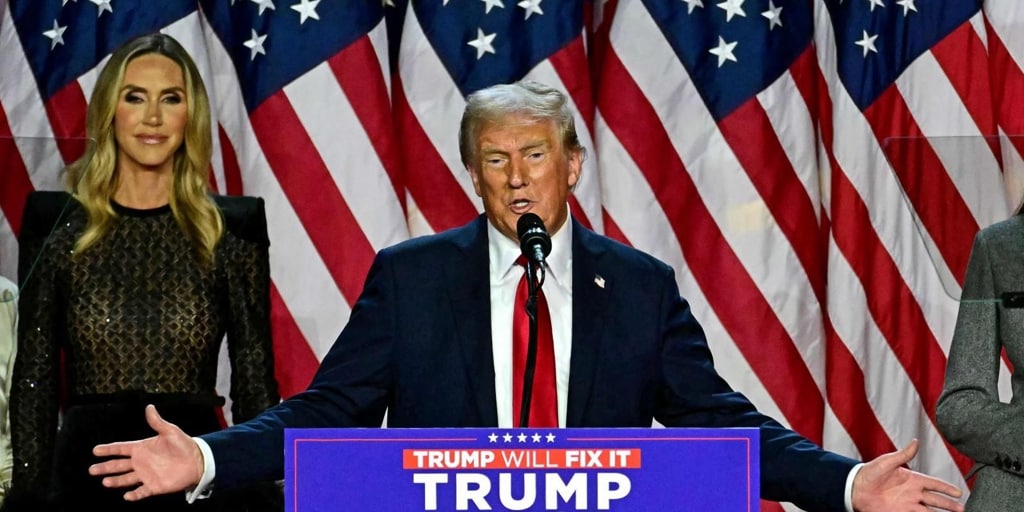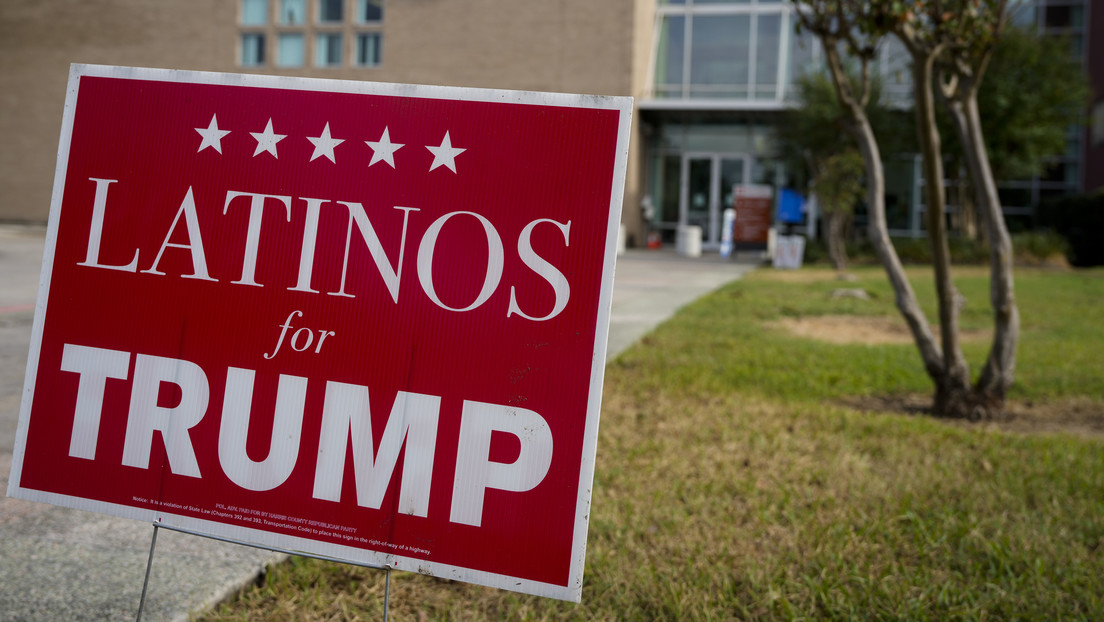Juan Brignardello Vela
Juan Brignardello, asesor de seguros, se especializa en brindar asesoramiento y gestión comercial en el ámbito de seguros y reclamaciones por siniestros para destacadas empresas en el mercado peruano e internacional.




In a surprising turn in U.S. politics, Donald Trump has been elected as the 47th president of the United States, reaching the crucial number of 270 electoral votes. His victory, solidified by a win in the state of Wisconsin, has unleashed a series of reactions in an electoral environment that many described as tight, where he faced Democratic candidate Kamala Harris. This result marks not only a return to the White House for Trump but also a historic moment that redefines the political landscape of the country. Trump's celebration took place at a rally in Palm Beach, Florida, where he was surrounded by his family and an enthusiastic group of supporters. "We have made history," exclaimed the magnate, who at 78 seems to have revived his support base. This comeback could be interpreted as a testament to the continuity of his influence in Republican politics, despite the tumultuous end of his previous term in 2020. One of the highlights of his speech was the emphasis on his plans regarding immigration and border security. Trump promised "legal and controlled immigration," assuring that his administration would focus on "healing" a country that, in his view, urgently needs attention on these issues. "We are going to fix our borders," he reiterated, reflecting once again his hardline stance on immigration matters, which has been a pillar of his political agenda since his first presidential campaign. Trump's election also raises questions about the stability of the U.S. democratic system, given that his previous term was marked by his refusal to accept defeat in 2020. That resistance culminated in the insurrection at the Capitol, which created an atmosphere of political crisis and multiple impeachment attempts. His return to power is a reminder of the polarization that has characterized U.S. politics in recent years. One of the surprises of this election is the Republican Party regaining control of the Senate, a shift that gives Trump a significant advantage in advancing his legislative agenda. This scenario could facilitate the implementation of policies that previously faced resistance, as he will have greater support in Congress. Trump's victory is not only measured in terms of electoral votes but also in the possibility of having won the popular vote. If this information is confirmed, it would be the first time in two decades that a Republican candidate achieves such a feat, indicating significant support from the electorate. This could signal a change in voter dynamics that have permeated the national political landscape. Meanwhile, Democratic candidate Kamala Harris has expressed her intention to reevaluate the party's strategies for the future, seeking ways to reconnect with voters who may have opted for Trump. This reflective process could be essential for Democrats to strengthen their base and avoid losing more ground in future elections. Trump's return to the presidency also raises concerns about how his administration will address crucial issues such as the economy, public health, and climate change. His supporters expect a more aggressive approach to deregulation and economic policies that promote growth, while his opponents fear that this could lead to significant setbacks in the progress made over the years. In this context of uncertainty and expectation, U.S. politics prepares for a new era under Donald Trump's leadership. How the coming months unfold will be crucial in determining the country's direction and the future relationship between political parties. This new chapter in U.S. history promises to be both challenging and revealing, raising questions about the future of democracy and governance in a divided nation.
Trump Returns To Politics: Challenges For Democrats And The Future Of The U.S.

"Divisions In Latin America After Trump's Victory In The U.S. Elections"

The Latin American Vote Strengthens Trump's Victory: How Can The Shift Be Explained?


